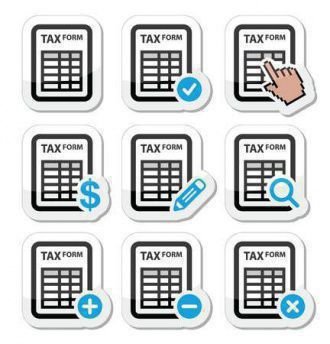In addition to passing the Certified Public Tax Accountant Examination, those who are exempted from taking the Certified Public Tax Accountant Examination for all subjects under the provisions of the Certified Public Tax Accountant Act, lawyers (including those who are qualified to be lawyers), and certified public accountants (including those who are qualified to be certified public accountants) are eligible to become certified public tax accountants. Those who have passed the exam and those who have been exempted from the exam are also required to have been engaged in accounting-related work (accounting work with balance sheet accounts and profit and loss statements) for a total of at least two years.
The Certified Public Tax Accountant exam requires you to pass five of the 11 subjects. Of these, two accounting subjects, bookkeeping theory, and financial statement theory are required. Three of the nine tax law subjects must be selected and taken. The tax law subjects include Income Tax Law, Corporate Tax Law, Inheritance Tax Law, Consumption Tax Law or Liquor Tax Law, National Tax Collection Law, Resident Tax or Enterprise Tax Law, and Fixed Property Tax Law. Of these, the Income Tax Law and the Corporation Tax Law are required elective subjects, so you need to pass three subjects, including one of either of them.
Since the Certified Public Tax Accountant exam is based on the "subject pass" system, candidates do not need to take all five subjects at once but can take them one at a time. This is one of the qualifications that are easy for working people to pursue while working.

 Brochure
Brochure
 Info Session
Info Session
 Application
Application
 Alumni Voices
Alumni Voices












